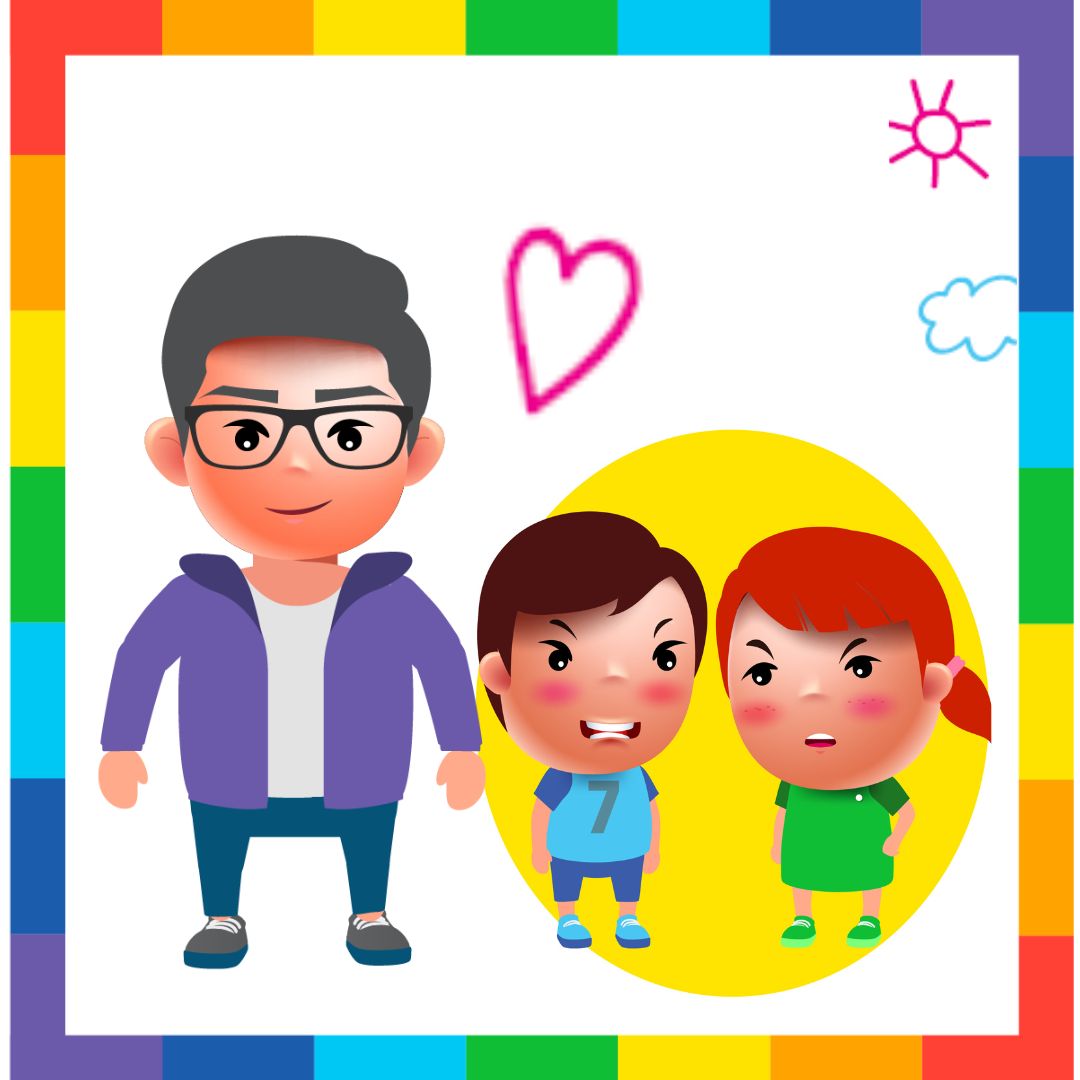
Parenting Tips
Aggressiveness and Anger in Children – How to Manage Better?
August 24, 2022
Related
Topics

Hey
-
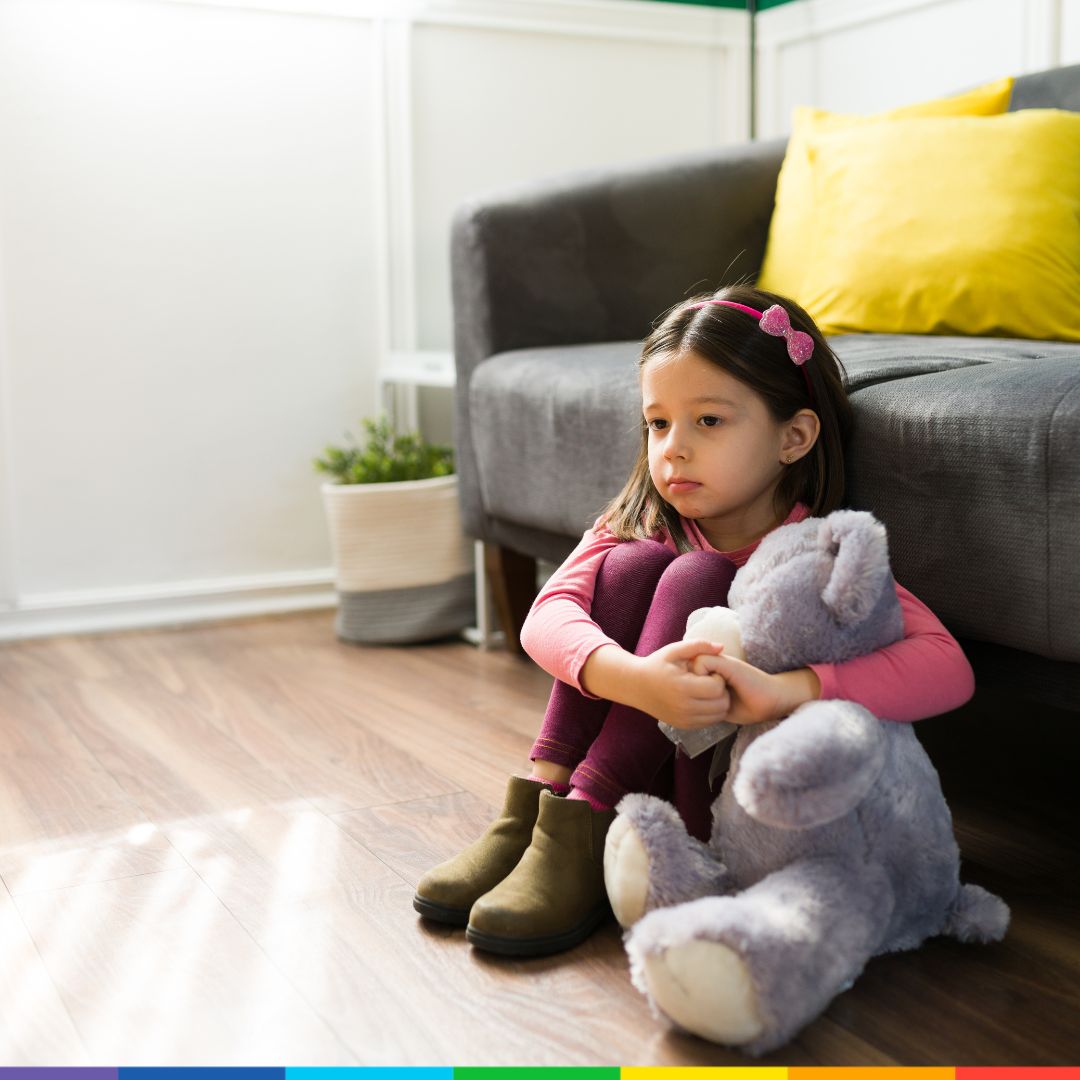
Big Feelings – Helping Kids Handle Them : Best Tips 101
February 25, 2026
-
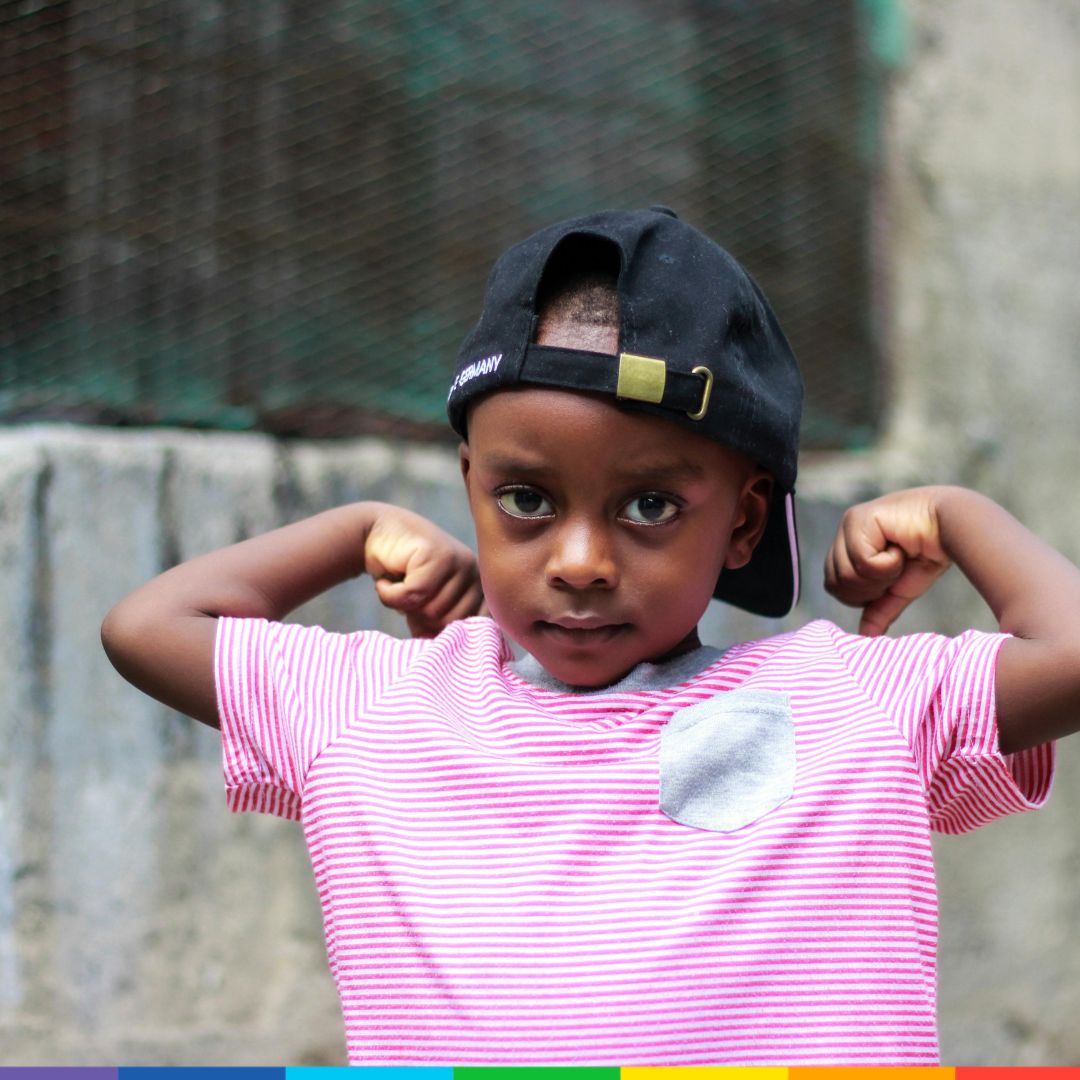
How to Build Confidence in Shy Kids: 12 Evidence-Based Tips
January 26, 2026
-
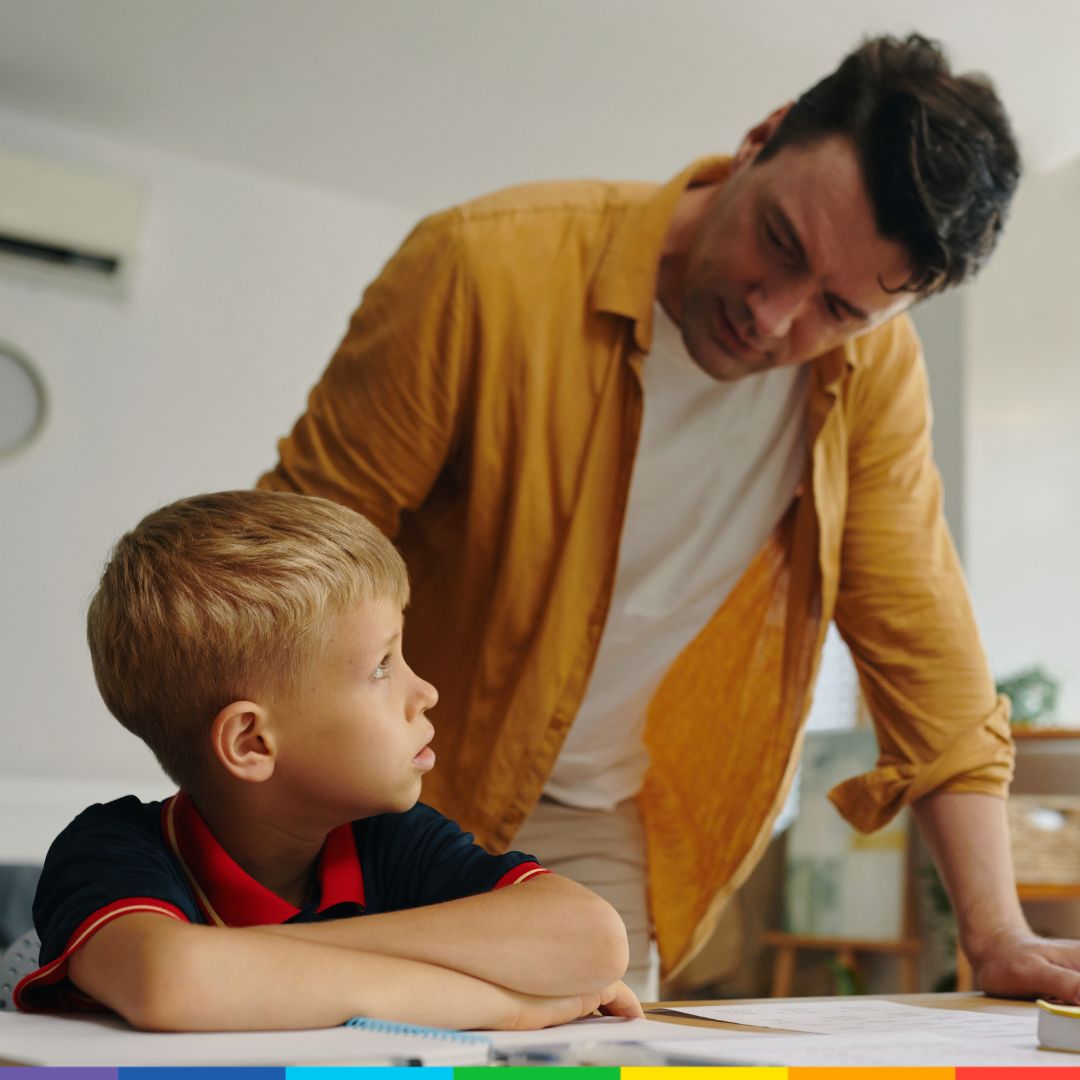
How to Teach Emotional Regulation to Kids (Aged 3–8)
January 15, 2026
-
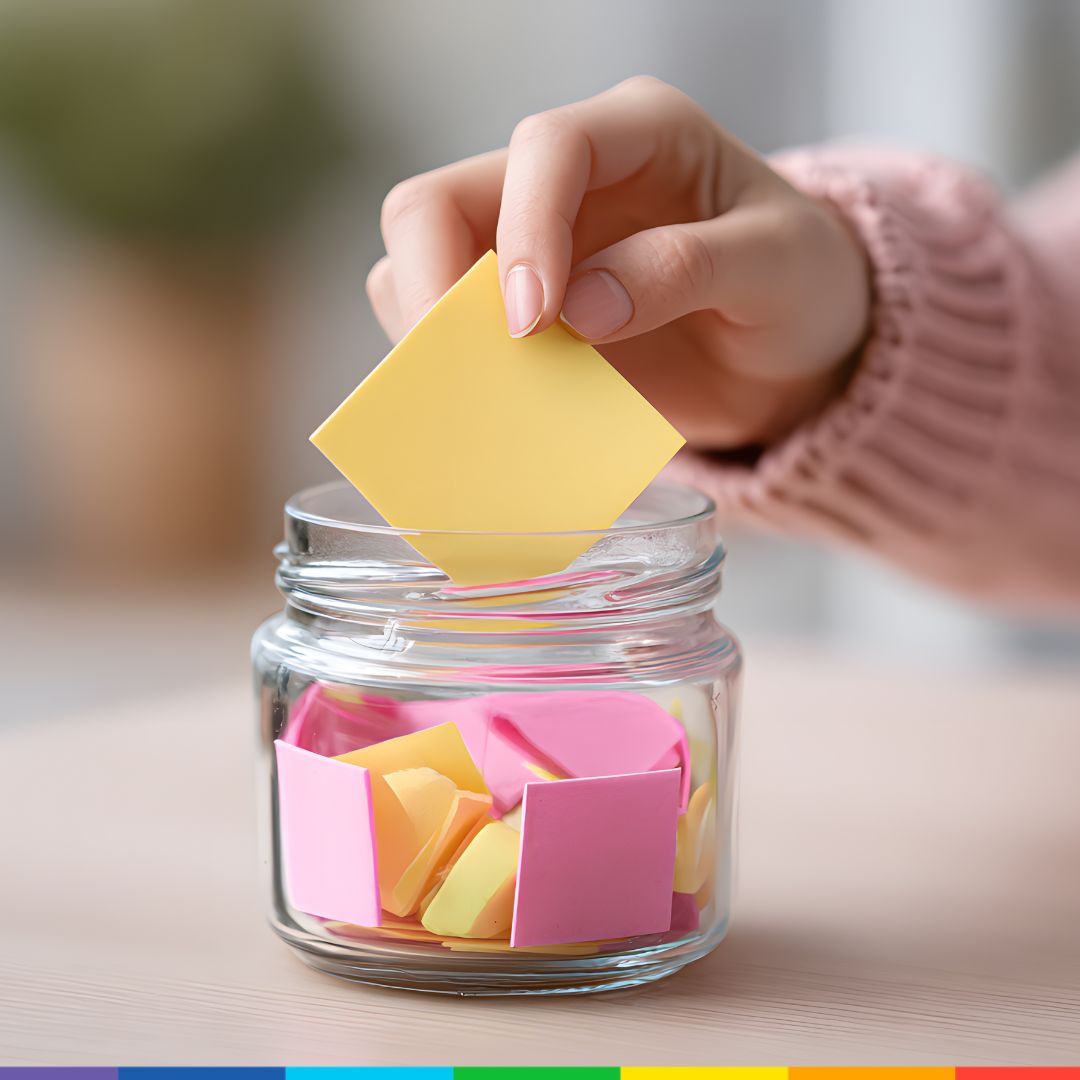
5 Ways to Nurture SEL at Home (Fun Activities)
January 1, 2026
-
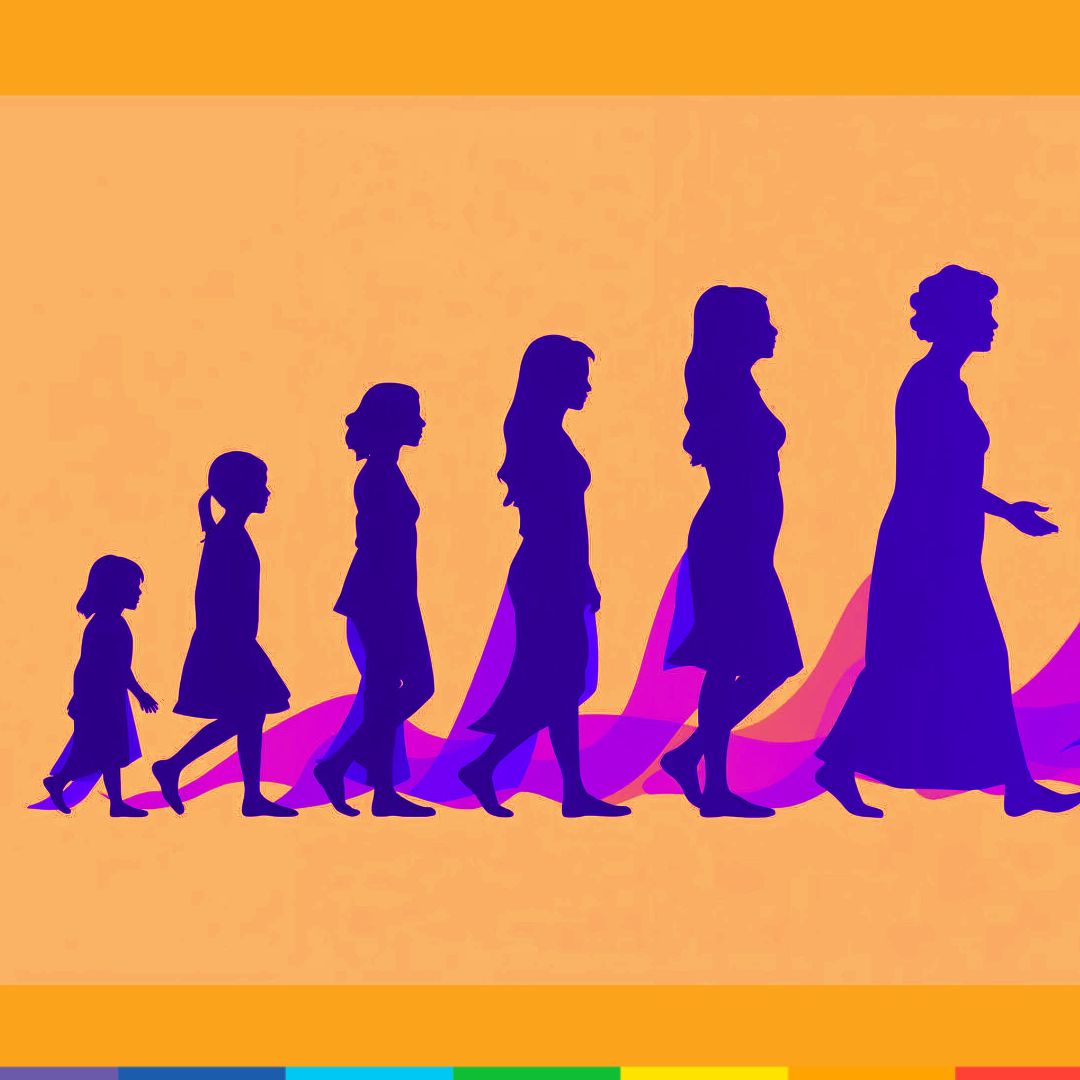
How Early Social Emotional Learning Help in Successful Life?
December 11, 2025
Ready for more?
Hey
Sign up for Rainbow Kiddies newsletters for more stories and updates
Aggressiveness and anger in children is a rather tricky topic. We did a survey recently to understand the most common and difficult to manage issues when it comes to managing children and this one came second. The first one being “screen time – managing time spent watching TV, mobile, tablets, other screens, etc.”. Second majority of parents said that they have a tough time disciplining their kids, managing anger in children and getting them to do their stuff (like going to school, doing chores, etc.).
Firstly, parents or caretakers should work on their own anger issues and management. This will help them help their children better. Then it is important to understand that anger is an emotion like many others and it is very important to acknowledge this emotion as well. There are several other emotions like jealousy, embarrassment, selfishness, etc., which get called out as negative emotions.
I have even heard some caretakers say things like, “I do not want to see you angry again”, “Anger is not good”, etc. These approaches are not really helpful and are used primarily because caretakers or parents do not understand the emotion, its origin or its impact. It is very important for parents to understand that there is nothing bad about these emotions. It is perfectly normal to have all of them. What is important is to acknowledge these emotions when they come. These are universal and natural emotions after all.
More on Aggressiveness and Anger in Children:
Understanding the Theoretical Aspect of Anger in Children
A situation happens, which prompts you to think in a negative manner. The thoughts trigger anger (feeling). This shows in your behavior or speech. What follows is the consequence. The thoughts which lead to emotions like anger are generally negative. These thoughts might be a result of correct or incorrect perception.

Anger in Children and Health
As per many research men/ boys have been found to be slightly more prone to have anger issues. Prolonged anger, rage, disappointment, sadness, and ill feelings which are called afflictive emotions can have negative impacts on the immune system, heart, etc. So, it is important that we identify and understand our triggers and learn how to manage them constructively.
Triggers
Children can get triggered when competing with someone, while protecting their belongings or dear ones, when confronted, when they want something badly, when they feel unheard, rejected, disrespected, powerless, etc. Children also learn a lot from their caretakers and parents. Some preconceived notions can trigger or intensify anger. Children tend to have excessive self-focus sometimes and this could be another trigger. Lack of attention or affection could affect them. Lack of time to play or relax could be the reason sometimes.
Illness of the body or pain in the body could be another cause. Getting appropriate medical help, love and care should help in this case. Uncontrollable and unexplainable anger could hint at mental or medical conditions that will need the right kind of help. Such anger is problematic, and it would be characterized by high frequency of occurrence, high intensity, long duration, leading to destructive aggression (causing harm, injury, destruction, etc.), and this could affect the parents and caretakers also.
Anger Management
Let us break this down further into a few simple steps.
Help them Pause
Like already mentioned, firstly understand that it is ok to feel angry. Tell them that you have their back. Hold hands, give a hug, or look in their eyes kindly or with love. Tell your children that they should tell you or someone else when they are starting to feel angry. Assure them that you will help them feel better.
Expression of anger in children is something that can be molded. Be kind and loving, do not handle anger in children by being angry in turn. Finally, when they start trusting you ask them what made them angry. Later, you can probably list down the trigger, for your later reference and to keep track of their common and major triggers. This is one of the best ways to help the child pause when anger sets in.
Ways to calm down
There are several exercises to calm down. Make sure you do it with them too. One of them is the all-purpose breathe in and breathe out. This helps in a lot of situations, when you need to calm down. Breathe in through the nose and breathe out loudly or softly (depending on the surrounding and your level of comfort) through a small opening in your mouth. If comfortable imagine you are blowing out candles together and breathe out as hard as you can, until the child starts to feel calm and better.
Another technique is called bubble breathing. Ask the child to breathe in and imagine that they are filling up a small bubble in their tummy with all this air. Hold the breath for a second and breathe out. Now imagine a larger bubble and imagine filling it with air while you breathe in again. You can keep increasing the size of the bubble such that it surrounds your body, surrounds you both, fills the room, the block and so on. Each time ask them to visualize the bubble.
This exercise helps them take in more air each time until they start feeling better. When there is more oxygen flow in the body, the body starts calming down and gets back to operating normally.
You could also have them place a hand on their heart while breathing in and out and maybe even get them to tell themselves, “You are going to be ok/ fine, etc.”
Help them Identify the Triggers
Sit down in a private space and make them feel comfortable to speak about what happened.
It is important to understand that anger in children has a physiological component too (most of this is same for adults as well). Children will be able to tell you where the anger originates from in their body. Maybe you can tell them how a volcano works – “When the temperature inside rises beyond a point, it starts throwing out lava, ashes and fumes, just like how our body feels angry when something happens in there.” Ask them if they feel something in their body when they feel angry. Ask them where they feel it – heart beating faster, heat in the face, fists clenching, strain in the arms or legs, tightness in the stomach, etc.
This way they will be able to identify the feeling before it erupts like a volcano. You should let them know that they must tell you the moment they get that feeling in their body again. This way you are not just helping them manage their anger, they will also be assured that you are genuinely interested in making them feel better. You can also help them manage their anger before it starts wreaking havoc.
You can show the picture of a human body and ask them where they feel their anger coming from.
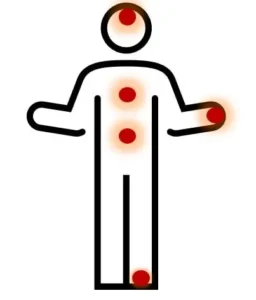
Disconnect and Reset
Instead of acting out or retaliating when angry:
- teach them to walk away when they feel the bodily triggers or other triggers,
- help them relax their mind and body (help them use any of the techniques mentioned above),
- go for a walk,
- remind them to talk to you or someone else that they trust,
- listen to music,
- watch people, birds, or nature, etc.
If they are old enough to write on their own, they could also try replacing their negative thoughts with positive ones or try to see the positive side of the situation. Teach them to be assertive and handle situations appropriately. Help them reset and find solutions when they have calmed down. This way we can teach them constructive management of anger, instead of handling it with destructive aggression.
Replacing negative thoughts
Try to understand the negative thought which must have triggered anger. Help them replace the thought with a positive or more helpful thought.
For instance, assume the thought was, “Mom did not get me that toy because she does not love me enough”. Explain to them what the reality is. It could be something like, “Of course I love you my dear. We already have so many toys at home. You rarely play with them. We could give away the ones that you do not need anymore so we will have space for new toys and then get this toy”, or “Of course I love you my dear. I have had too many expenses this month and am running out of money. I need to save more money so we can spend more time together outside instead of buying more toys”.
Help See the Positive Side to Calm Anger in Children
Another way could be to help them see the positive side. For instance, they might be angry about not wanting to go to school, but there will definitely be a few aspects of being in school that they like – like being able to play with friends, attending enrichment classes, etc.
So, tell them things like, “I understand that you are in no mood to go to school today. But you have your Robotics class today. Are you not excited to see what robot they will bring today?”, or “You can play with your friends at school. If you stay at home, Dad and Mom will be working today and you will have to play alone most of the time. It would be so much better to have fun with friends instead.”
For being able to call out the positive side of their experiences, talk to them daily about their experiences, likes, dislikes, playtime, friends, etc. Keep talking to them, make them feel heard and they will really start trusting you and confiding in you about their little problems and insecurities/ feelings. If they can write on their own, teach them how to do this exercise on their own.
Also, never forget to add sentences like “I love you.” When you see the little twinkle back in their eyes, you know they are already feeling better. Love is never too much and sometimes expressing love can do wonders.
Also read this article by American Psychological Association to understand more about anger management in children.
Happy parenting!
Sign Up for your Free Parenting Guide: “10 Everyday Ways to Raise an Emotionally Strong Child”




